We may earn money or products from the companies mentioned in this post. This means if you click on the link and purchase the item, I will receive a small commission at no extra cost to you ... you're just helping re-supply our family's travel fund.
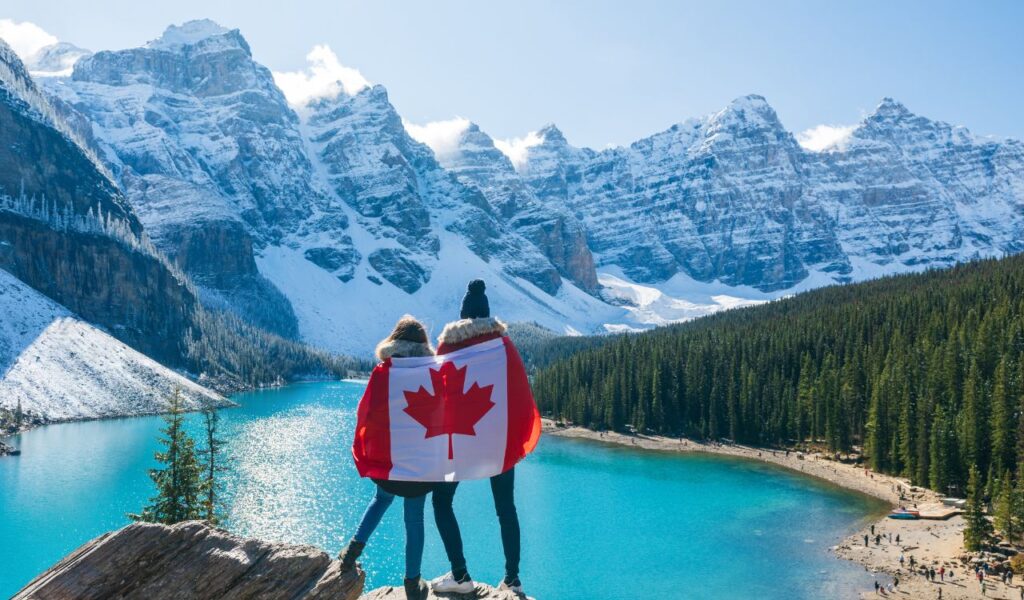
Canada rewards spontaneity, with border towns a tank away, world-class cities a short flight, and road trips that trade miles for kilometres and mountains for even bigger mountains. Getting in is straightforward, but smooth trips hinge on the right ID, honest declarations, and a few Canada-specific rules that surprise even frequent travelers. Here’s the essential, no-drama guide from first document check to the last border wave-through.
No visa or eTA

For leisure trips, U.S. citizens don’t need a Canadian visitor visa or eTA, trimming paperwork and costs before wheels up. Border officers confirm admissibility and authorize the stay, often up to six months, after routine questions about purpose, funds, and return plans. This built-in simplicity is why long weekends in Montreal or last-minute Nova Scotia coast drives are a favorite play for American travelers.
Entry documents

A valid U.S. passport is the most universally accepted ID for air, land, or sea, minimizing questions at primary inspection. Passport cards and enhanced driver’s licenses work only for land and sea crossings. NEXUS is a trusted traveler program that expedites processing in dedicated lanes but does not replace required proof of citizenship if an officer asks. Pro move: carry the passport even when driving to avoid secondary lines.
At the airport

Airlines verify documents before boarding, and on arrival major airports use kiosks and biometrics to speed identity checks. U.S. citizens aren’t subject to eTA, keeping preflight prep light and predictable. Having accommodation details, return tickets, and a rough itinerary handy often shortens follow-ups, turning a possible counter chat into a quick wave-through after a long flight.
Traveling with minors
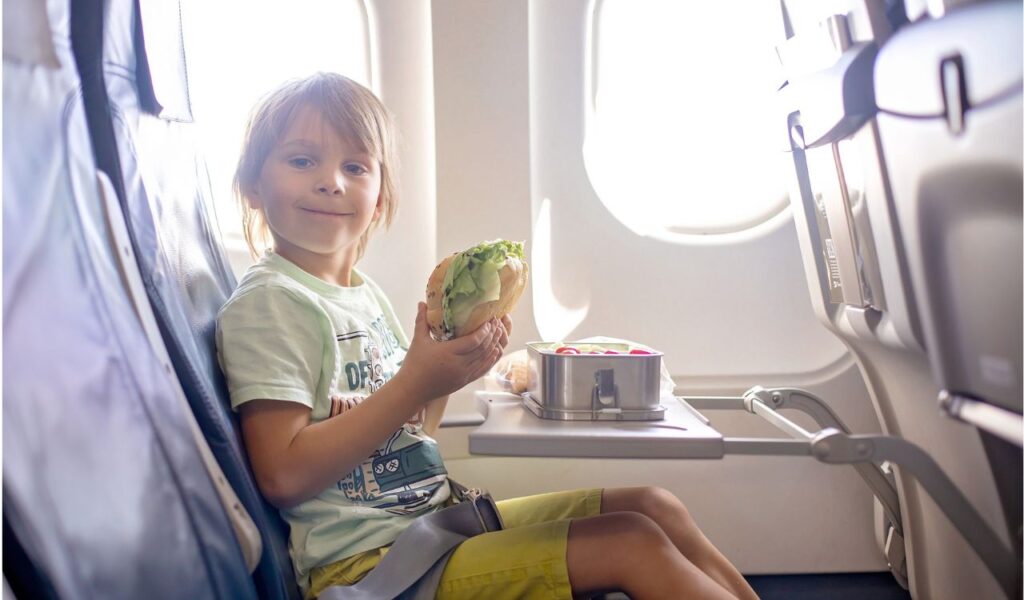
Children should carry proper ID, and when a minor isn’t with all legal guardians, a notarized consent letter and any custody or adoption documents are strongly recommended. Officers may request proof to safeguard child welfare, especially during peak holidays. Families who pack these papers avoid avoidable delays right when patience is thinnest, keeping school breaks and reunion weekends on schedule.
What to declare

Declare all food, plant, and animal products, currency of CAN$10,000 or more, and any restricted or prohibited items. Carrying CAN$10,000 or more is legal, but it must be declared; failure can mean fines, seizure, or delays. When in doubt, declare and keep receipts. From market cheeses to fishing gear, clean documentation and straight answers turn inspections into quick formalities.
Firearms rules
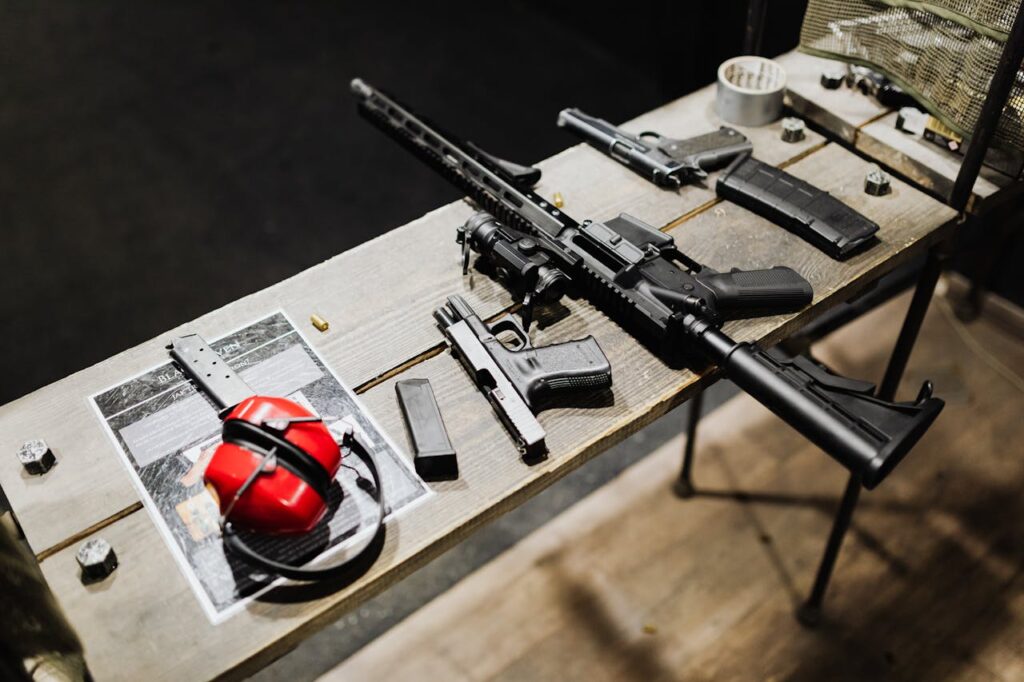
Canada strictly regulates firearms and weapons; many handguns and prohibited devices cannot be imported at all. Restricted firearms require pre-approval, proper permits, and declaration, and hunting long guns need a legitimate purpose and full compliance. Failure to declare can result in arrest and forfeiture, ending the trip before it starts for hunters and sport shooters.
Duty-free limits
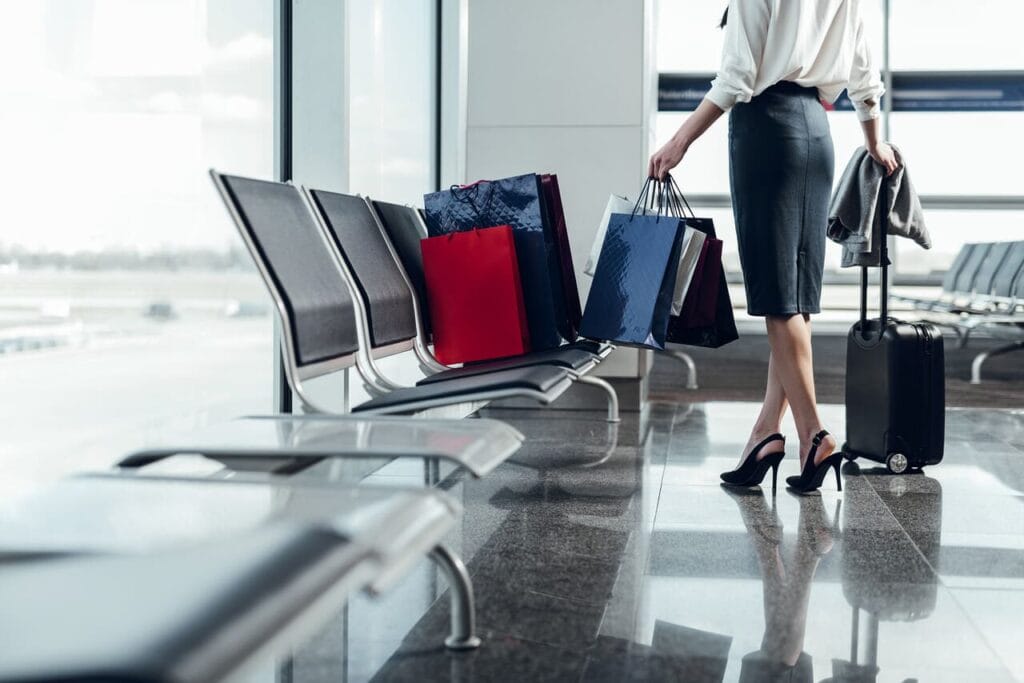
Alcohol and tobacco exemptions are precise and product-specific, and exceeding them triggers duties and taxes. Keep receipts and tally totals to prevent surprises at inspection, especially after winery tours, distillery tastings, and festival weekends. Clear, accurate declarations often turn a potential tax stop into a quick, friendly clearance, and preserve time for that dinner reservation.
Driving differences

A U.S. license is generally valid, but speed limits use kilometres per hour and rules vary by province. Radar detectors are illegal in several provinces, including Ontario and Quebec, so check local laws, and confirm insurance terms across the border. For road trips, recalibrate speed awareness and watch signage so the focus stays on Rockies switchbacks, prairie horizons, and St. Lawrence views.
Health coverage

U.S. health insurance may not cover care in Canada, and emergency costs climb quickly. Supplemental travel medical and evacuation coverage is the quiet MVP on ski trips, coastal hikes, and remote lodge getaways. A modest policy can turn a stressful mishap into a manageable detour instead of a budget-busting crisis, particularly when ambulances, specialists, or air evacuation are involved.
Safety and consular help
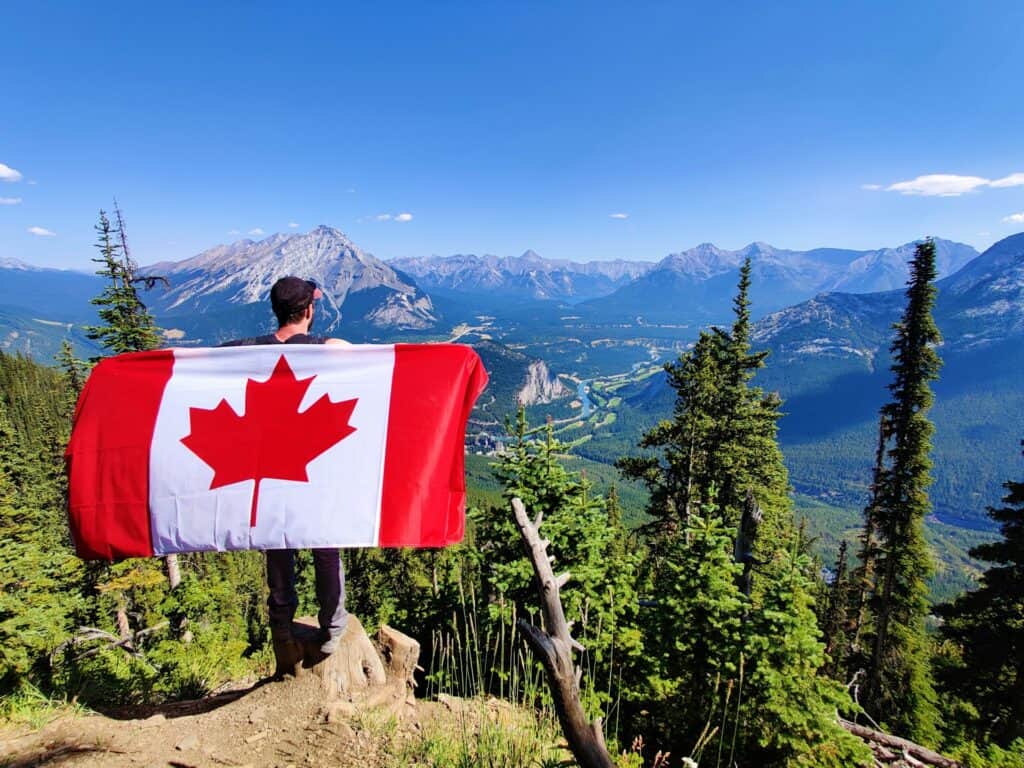
Canada is broadly safe, but local laws apply and demonstrations can occur around major events. Enroll in STEP and save contact details for the U.S. Embassy in Ottawa and Consulates in major cities for lost passports, legal questions, or emergencies. Quick access to consular help can turn a potential trip-ender into a minor hiccup, keeping plans intact and the itinerary on track.